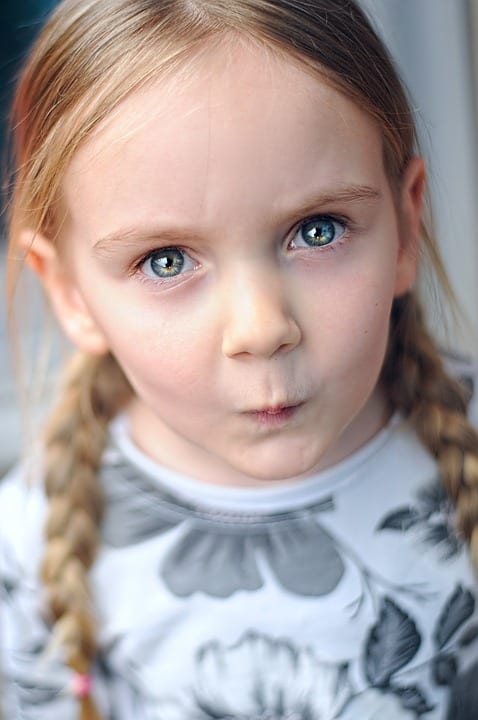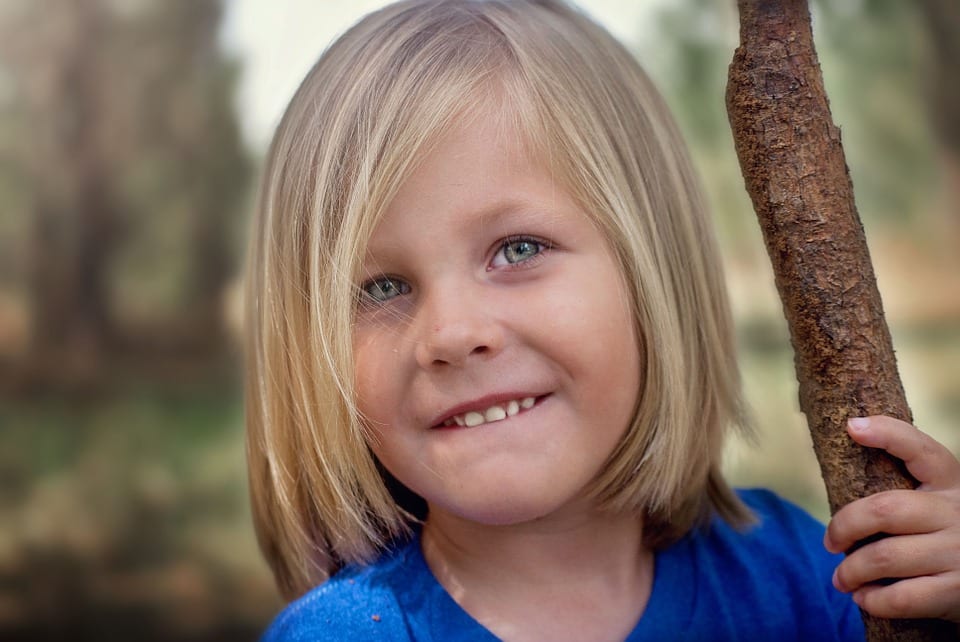We’ve all seen this, and a lot of us have done it. A small child does something hurtful on accident and, upon a stern look or ‘what do you say?’ from a parent, mutters a quick ‘sorry’ before moving on with whatever they were doing. But while it’s good to teach children manners, are they really learning anything? Are they actually sorry, or are they just doing what’s expected in order to meet as little resistance as possible?
According to Heather Shumaker, the author of It’s OK Not to Share and Other Renegade Rules for Raising Competent and Compassionate Kids, the latter is most likely:
“Young kids sometimes fool us. They can mimic “Sorry” and even cry when another child cries, but most children are not capable of being sorry yet. Children differ – you may have an early bloomer – but most children simply lack the emotional and cognitive development to feel remorse. Remorse requires the ability to take another person’s perspective and fully understand cause and effect. These skills are still emerging in young children. Expecting young kids to say “Sorry” teaches them nothing more than a misguided lesson in sequence: kick, say “Sorry,” move on.”
Okay, so if we’ve been teaching the wrong lesson all this time, what exactly should we be doing to better help children understand until their emotional intelligence matures?

Photo Credit: Pixabay
Shumaker has some ideas on how we can teach them that “sorry” has meaning, and help them understand that all actions have consequences. Namely, these easy steps:
1. Bring the kid back to the scene of the crime.
Children who think they’re going to be in trouble tend to run. Put an arm around them, bring them back, and explain that even if they didn’t mean to do it, someone got hurt so they need to come back.
2. Be specific about what happened.
The child might not have noticed what they did, or might not understand the impact of shoving a shopping cart, etc. Explain it briefly and calmly, ie: “Your shopping cart ran over her toe.” If we expect them to be sorry, they need to first know what they should be sorry for.
3. Describe the consequences.
Since children often don’t have a fully developed sense of empathy, it’s up to us to tell them what the offended party might be feeling, ie: “Look, there’s a scratch on her arm. It must sting.”

Photo Credit: Pixabay
4. Model empathy.
Ask the other child or adult whether they’re okay.
5. Take action to fix the problem.
Your young one might not truly feel bad, but they can help fix things. Ask them to run and get a band-aid, wipes, a cold towel, etc., in order to help.
6. Make a guarantee.
Promising not to do it again means a lot more to a child than a meaningless word like ‘sorry.’ If they promise not to do the offending action again, trust can be more readily re-established.

Photo Credit: Pixabay
7. Let them see you being truly sorry in your own life.
We do want kids to say sorry and mean it, eventually. One good way to prompt the behavior without forcing it is to let your kids see you making sincere apologies in your own life. Make sure to acknowledge the consequences of your mistakes and do your best to make things better.
As a parent, I love this advice and the notion that kids can learn how to genuinely realize they’ve done something wrong and take steps to make it right, as opposed to being forced to say something they don’t feel or understand. I’m planning to try it soon!
The post Making Children Say ‘I’m Sorry’ Can Seem Meaningless. Try This Instead. appeared first on UberFacts.